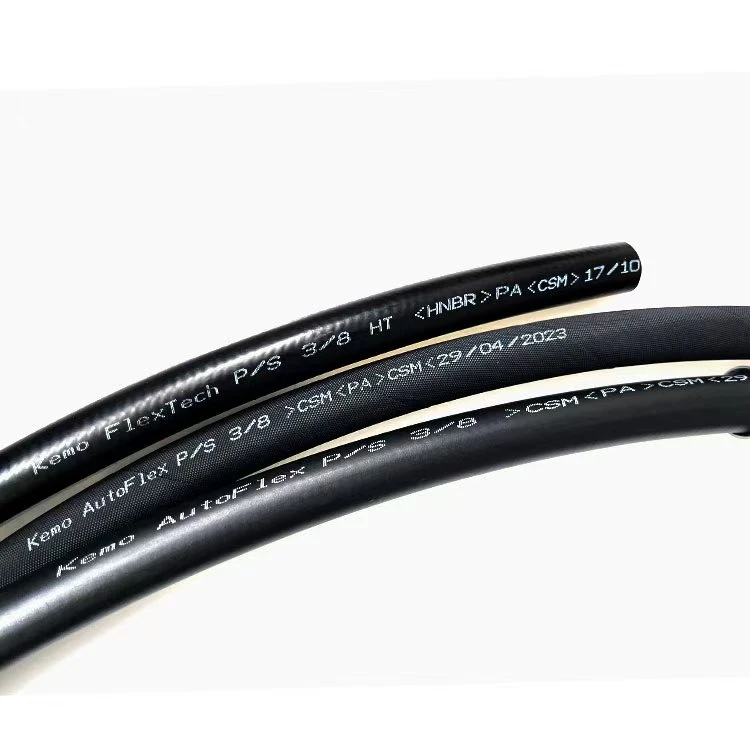Understanding Brake Line Hose Functionality and Importance in Vehicle Safety Systems
Nov . 04, 2024 15:07 Back to list
Understanding Brake Line Hose Functionality and Importance in Vehicle Safety Systems
Understanding the Importance of Brake Line Hoses in Vehicle Safety
When it comes to vehicle safety, the importance of each component in the braking system cannot be overstated. Among these components, brake line hoses play a crucial role in ensuring that your vehicle stops effectively and safely. This article delves into the significance of brake line hoses, their construction, maintenance, and the implications of neglecting this essential part of a vehicle's braking system.
What are Brake Line Hoses?
Brake line hoses, also known as brake hoses, are flexible tubes that connect the brake calipers to the vehicle's braking system. They are responsible for transporting brake fluid from the master cylinder to the brake components at the wheels. This fluid is essential for the hydraulic operation of brakes, allowing the vehicle to convert the force from the brake pedal into pressure that engages the brake pads and ultimately stops the vehicle.
Construction and Materials
Typically, brake line hoses are made from materials that can withstand high pressure and temperature fluctuations
. They often consist of a synthetic rubber or a combination of rubber and reinforced materials such as braided steel. This construction ensures durability and resilience against environmental factors, including heat, moisture, and road debris.Modern brake hoses are also designed to be resistant to wear and tear, which ensures a longer lifespan and decreased risk of failure. However, even the most robust materials can degrade over time due to factors such as exposure to extreme temperatures, chemical exposure, and natural aging.
Maintenance and Inspection
brake line hose

Regular maintenance and inspection of brake line hoses are critical for vehicle safety. It is advisable to check the hoses for signs of wear, such as cracking, bulging, or leaks. Any visible damage can compromise the integrity of the braking system, leading to potentially catastrophic failures.
During routine vehicle maintenance, a thorough inspection of the brake lines should be conducted. Mechanics typically check the connections, ensure there are no leaks, and examine the hoses for any signs of deterioration. In addition, replacing the brake fluid at regular intervals can help prevent moisture buildup and maintain the hoses' integrity.
Consequences of Neglecting Brake Line Hoses
Neglecting brake line hoses can lead to significant safety hazards. A compromised brake line can result in loss of brake fluid, leading to reduced braking performance. In extreme cases, this can cause complete brake failure, which poses a serious risk to the driver, passengers, and other road users.
Additionally, a sudden brake failure can cause accidents, resulting in injuries or fatalities. Moreover, the financial implications of neglecting brake system maintenance can be substantial; repairing or replacing damaged components often requires a significant investment, not to mention the potential costs associated with accidents.
Conclusion
In conclusion, brake line hoses are vital components of a vehicle's braking system that should never be overlooked. Regular inspection and maintenance can help ensure their longevity and optimal performance. Understanding the importance of these hoses not only contributes to personal safety but also enhances the overall safety of the roads. Therefore, vehicle owners must prioritize the health of their brake systems, recognizing that a small investment in maintenance can yield significant dividends in safety and peace of mind. Always consult a qualified mechanic if you suspect any issues with your vehicle's braking system, and remember, a well-functioning brake system is crucial for safe driving.
